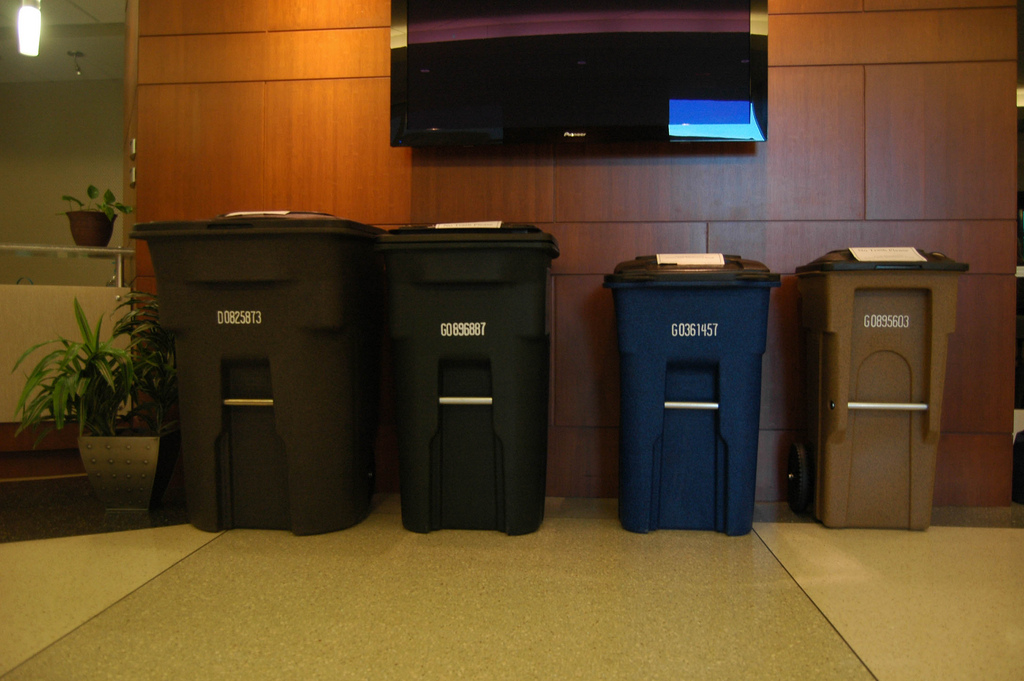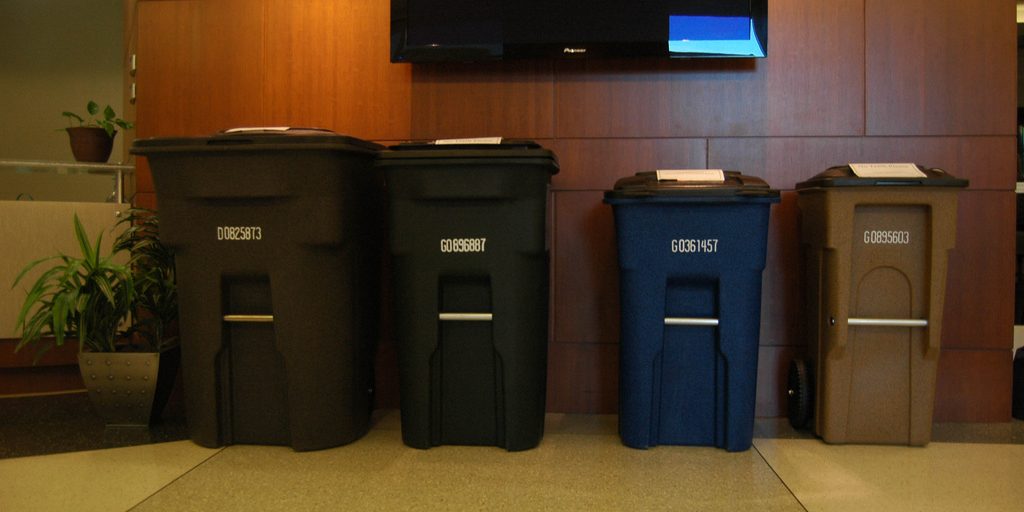
To kick off a series devoted to the broad topic of privacy protection in an increasingly public world, we’ll first examine a number of ways to keep sensitive information guarded against unwanted intrusion. Garbage protection is a privacy issue often overlooked by many. Because of this, law enforcement routinely utilizes it as a method for collecting sensitive information regarding all sorts of legal, financial, or communicative data.
The public perception of the practice has been defined through dramatizations in television shows and movies leading many to believe it’s an action taken only by federal investigators involved in high profile legal cases. Others equate their garbage as personal property and thus assume the Fourth Amendment protects its contents.
This perception could not be further from the truth when we consider the 1988 Supreme Court ruling in California v. Greenwood, which stripped garbage of any constitutional protection. In essence, the court believed that by submitting waste items for collection, you have relinquished ownership of it.
Although privacy laws protect us from illegal searches ofour homes and the property within them, garbage is not included. The fine line which determines legality of garbage searches involves primarily the placement of one’s garbage at a given time.
If it’s left in your garage for example, it is within your house and is therefore still private property. However, by taking it to the street curb for collection, you effectively redefine its contents as public property and forfeit any legal protection you possessed in the past.
How To Keep Your Personal Information Private From Law Enforcement
1. Always keep your trash in a private location (within the bounds of your property) until you are absolutely ready to submit it for collection.
2. Make sure any locations you store your waste is very close to your home in order to preserve its status as public property. These places could include:
Under the eaves of your home
Within the boundaries of a fenced area
Inside a garage or storage unit
3. Always use black garbage bags to maximize the privacy their contents from noninvasive examinations.
4. Contact your trash collection or public sanitization service and inform them in writing that you demand to be made aware of any work orders submitted by law enforcement for garbage collection or segregation immediately.
5. Perhaps most importantly, use a document shredder to destroy articles containing sensitive information. Although not a foolproof method of protection, piecing together shredded documents involves an immense amount of investment on the part of law enforcement.
By following these guidelines, youcan prohibit law enforcement or other governmental agencies from infringing upon your right to privacy.
If you are concerned about personal privacy matters or believe your privacy rights have been illegally infringed upon, contact an experienced Beloit criminal defense attorney at The Fitzgerald Law Firm today for a free consultation. We understand that meetings may not be possible during traditional business hours, so please let us know a time that works for you and we’ll do our best to accommodate you.








